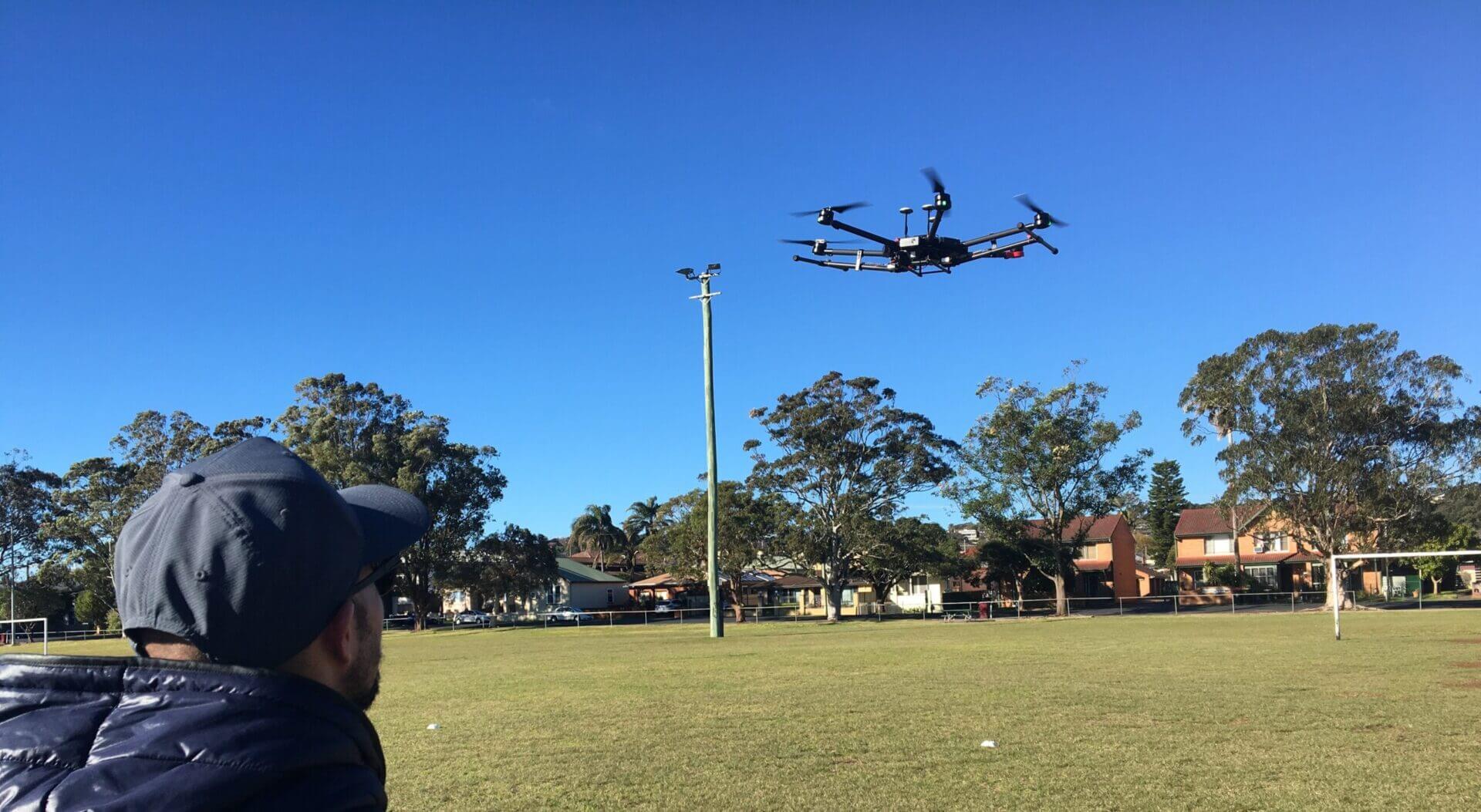

Most people associate medical careers with long hours and demanding jobs. While there’s certainly some truth to this, not all medical careers are a dreary grind full of blood and guts (and other gross bodily fluids). To help dispel these misconceptions, we’ve rounded up seven fun medical careers, covering various definitions of “fun.” From working with animals to solving crimes, here are seven medical careers that are never boring:
Table of Contents
Veterinarian
If you love animals, then you should definitely look into this career. While the profession isn’t fun and games all the time—just look up what expressing a dog’s anal glands involves and you’ll see—many veterinarians absolutely love their jobs and look forward to going to work every day. As an added bonus, they get to wear veterinary scrubs every day, which are super comfortable and basically like being able to wear performance pajamas to work.
Art, Dance and Music Therapist
Each of these disciplines is separate from the other, but they all follow the same philosophy: Creative pursuits give patients a new outlet to express themselves and also provide an opportunity to analyze the psychology undertones in art, dance or music. Art therapy can take place in many mediums, including drawing, painting, coloring and sculpting. Dance/movement therapy (DMT) harnesses the correlation between emotions and movement to help clients express themselves through everything from ballroom dancing to yoga. Music therapy has been used with patients coping with a wide range of conditions, from depression to autism to dementia. If you’re looking to use the arts and creativity to help patients recover and thrive, pursuing a career in art, dance or music therapy might be the perfect path for you.
Animal Therapy
If you’d rather work with animals than the arts, then you might want to consider a career in animal therapy. Animal therapy can take many forms, depending on both the patient’s needs and how the animal is trained. Some common examples include improving motor skills, increasing motivation to exercise and reducing levels of pain. Dogs, horses and certain breeds of birds are often used in animal therapy due to their high levels of intelligence and willingness to learn commands. It’s important to note that therapy animals fill an important purpose, but they aren’t the same as service animals. They don’t receive the same kinds of training or the same considerations in public environments (a service dog will be allowed into a store, whereas a therapy dog won’t be trained for that).

Medical Illustrator
You can unite your passions for art and the human body by becoming a medical illustrator. This niche profession combines many different skills, including graphic design, media techniques, medicine, science, art and education. Medical illustrators must not only be adept at accurately rendering the human body in a variety of artistic mediums, but they must also be very skilled at communication and education as many medical illustrations are used in textbooks and other informational resources. Medical illustrators must also have a strong background in medicine and science, and know how to take information from medical experts and translate it into visuals that the public can understand. If your skills meet all the requirements for this position, you might find a rewarding career in medical illustration.
Forensic Scientist
If you’re like most people, your understanding of forensic science stems mostly from TV show dramas. While those shows are entertaining to watch, they do somewhat exaggerate the action-packed nature of the job. Forensic science may not be as dramatic as TV, but it’s still a very fascinating career for people with the right interests. Forensic scientists may investigate crime scenes directly, or they may work in labs analyzing evidence brought in from the field. They may testify in court about their findings, so they need to have the highest ethics and attention to detail. Their work is often critical to getting a conviction in court and bringing criminals to justice. Who said medical science is boring?

Environmental Health Director
Big picture thinkers may find that they thrive in public health careers, in particular environmental health. Public health professionals look at things from a population level as opposed to an individual patient level. They investigate how public health and the environment intersect, dealing with issues such as pollution and waste run-off. They gather samples and evidence, devise strategies to solve problems and work to influence public policies and pass laws. If your career goal is to work one-on-one with patients, then public and environmental health won’t be what you’re looking for. However, if you’re looking to make population-wide changes through public policy, then this may be the job for you.
Travel Nurse
If you want to see the country or the world, you should look into travel nursing. Travel nurses usually work for agencies that place them in temp assignments at various locations. In the U.S., most travel nurse assignments last between eight and 26 weeks, with the average being 13 weeks. If you want to go abroad, you’ll usually be looking at a minimum commitment of a year, and possibly two. Travel nursing isn’t for everyone, as not every nurse enjoys packing up their scrubs and uprooting their lives every few months. But if you’re free of geographic attachments and have serious wanderlust, then you should absolutely consider becoming a travel nurse.
Medical careers are demanding, but they don’t have to be boring. If you want a career in the medical field that’s as interesting and unique as you, then you should definitely consider the seven careers listed here to see if any of them align with your ideal job.



